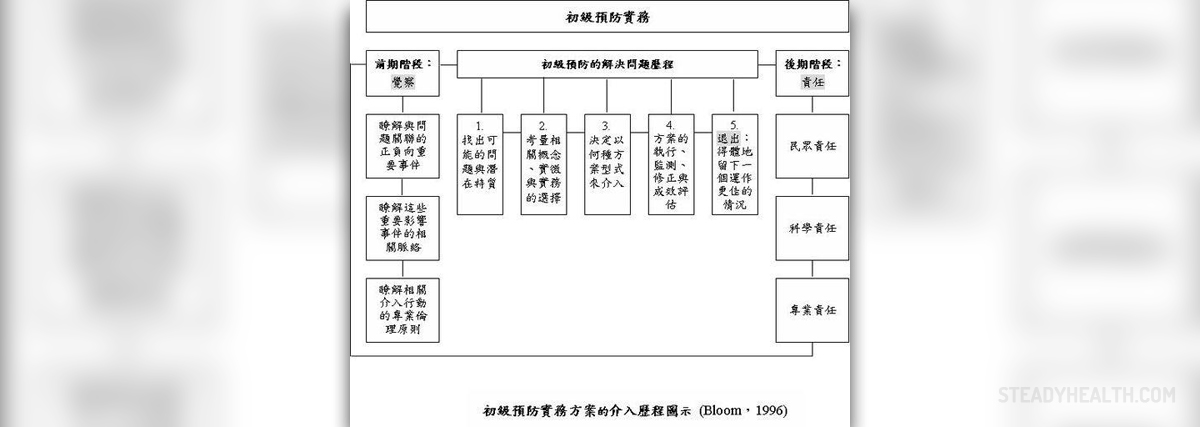
Malaria is potentially fatal tropical disease. The cause of this disease is the bite of mosquitoes infected with Plasmodium falciparum which are usually found in tropical or subtropical areas of the world.
Regions such as North Africa, the Middle East, Sub-Saharan Africa, South Asia, South East Asia, Oceania and Latin America and the Caribbean are considered to be risky for development of malaria. There are specific guidelines for all of these regions regarding this serious disease. If you plan to visit any of these regions you should discuss preventive options with your doctor.
Preventive Measures
People may get infected visiting some friends or relatives or just traveling through the countries known to be at risk for malaria. This disease can be prevented and there are several prevention measures, known as ABCD. First of all, everyone should be aware (A) of risk when traveling and (B) avoid mosquito bites. If you intend to travel or live in the malaria region, you should take some preventive drugs known as chemoprofylaxis (C). Additionally, prompt diagnose (D) and early treatments are extremely important when it comes to this disease.
There is another prevention measure, sometimes called E, for emergency (E) treatment with safe drugs. It is mainly used for remote adventure traveling and doctors recommend taking combination of drugs artemesin and lumefantrine.
How to Prevent Malaria in Pregnant Women?
Pregnant women already know they should avoid any unnecessary medications while they are carrying a child. However, visiting a country or areas of high risk for malaria requires certain precaution.
Only supplement recommended by the doctors as safe and beneficial against malaria in pregnancy is folic acid. Doctors advise taking some 400mg (milligrams) of folic acid every day and it should be enough protection for any pregnant woman with no additional medical problems. Folic acid is available in the pharmacies as over the counter drug and it can be combined with Iron tablets if a person suffers from anemia.
Certain areas in South Africa are considered to be high risk (like Lowlands of NE Transvaal and Natal) and all people traveling or visiting this area of the world are advised to take some malaria prevention drugs. Recommended combinations are: chloroquine (Avloclor) and proguanil (Paludrine) or chloroquine (Avloclor) and Maloprim.
Any woman who decides (in consultation with her doctor) to take anti-malarial drugs, should know that Maloprim must be avoided in the first trimester, while chloroquine and proguanil are considered to be safe. The use of these drugs should be followed with increased dose of folic acid and pregnant women should increase their dose to 500mg per day.
Pregnant women should also follow ABCD rules, avoiding being bitten in areas of the world suspected for malaria. They are advised to sleep under nets against mosquitoes and use repellents. At day, pregnant women should wear long sleeves and long trousers.


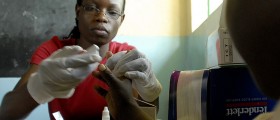


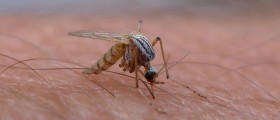

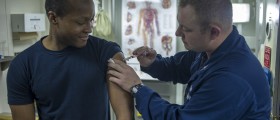

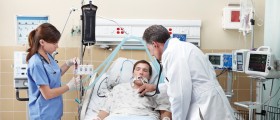
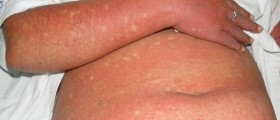

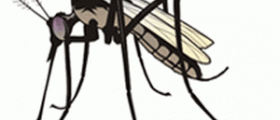
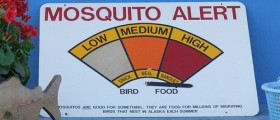


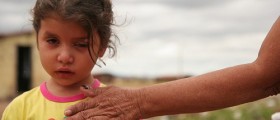
Your thoughts on this
Loading...